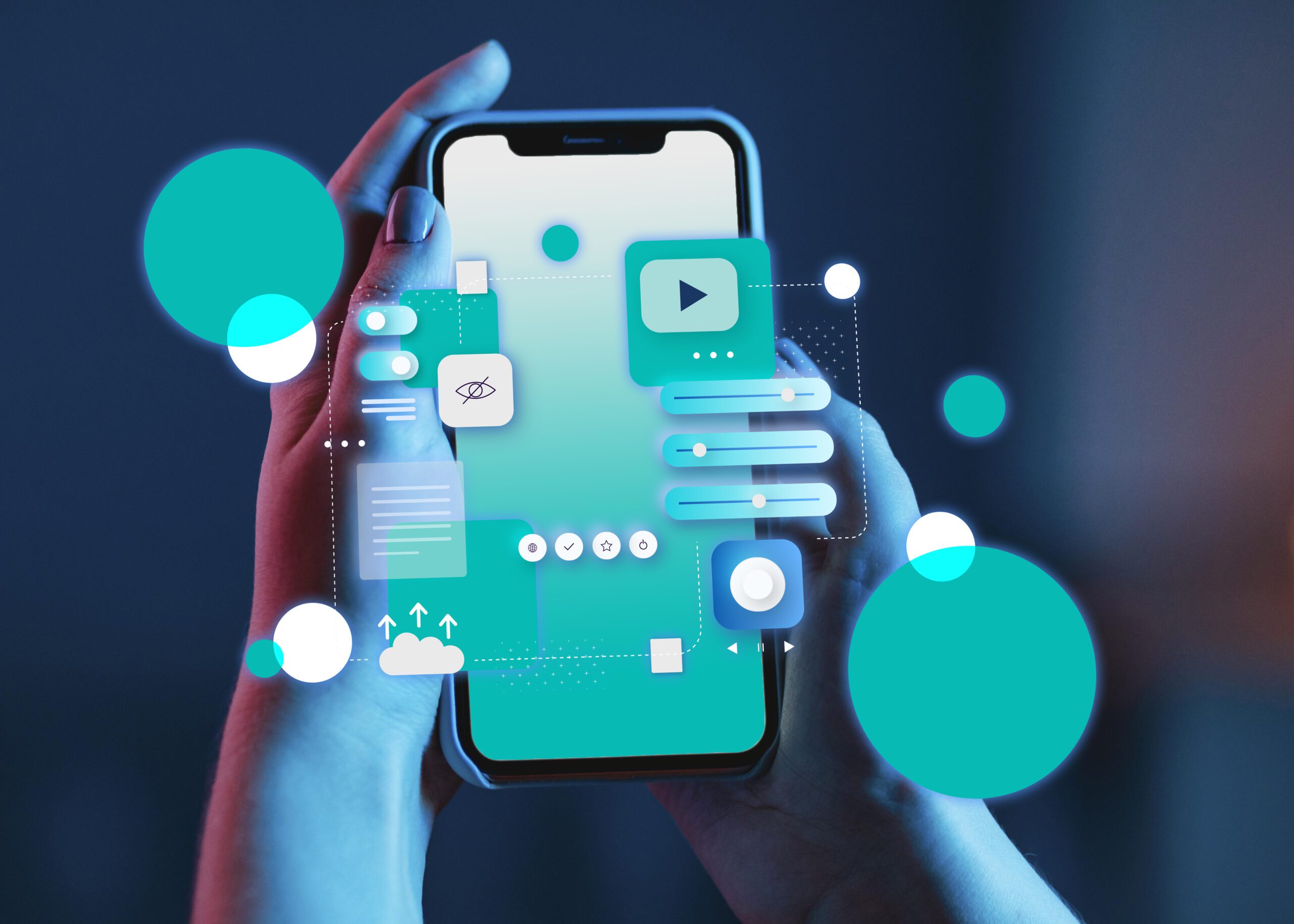The Ultimate Guide to Choosing the Right Development Partner for Your Mobile App

In today's digital age, a well-designed mobile app has become an essential tool for businesses of all sizes. However, the complexities of mobile app development can be daunting for those unfamiliar with the process. Choosing the right development partner is crucial for turning your mobile app vision into a reality and achieving long-term success. This guide will equip you with the knowledge and insights to navigate the mobile development landscape and identify the perfect partner for your project.
Know Your Needs Before You Go
Before embarking on your search for a development partner, take a step back to clearly define your mobile app's purpose and target audience. Here are some key questions to consider:
- Who are you building this app for? Clearly define your ideal user and understand their needs and pain points.
- What problem does your app solve? What unique value proposition will your app offer to users?
- What features and functionalities are essential? Prioritize the core functionalities that will deliver the most value to your users.
- What is your budget and development timeline? Set realistic expectations for the cost and timeframe involved in bringing your app to life.
By having a clear understanding of your app's goals and requirements from the outset, you can effectively communicate your vision to potential development partners and ensure they are aligned with your project needs.
The Mobile Development Landscape: Partners vs. In-House
There are two primary approaches to consider when developing your mobile app: building an in-house development team or outsourcing to a mobile app development company. Let's explore the pros and cons of each approach:
In-House Development
Pros:
- Complete Control: You maintain complete control over the development process, intellectual property, and project timelines.
- Direct Communication: Direct communication with developers allows for faster decision-making and real-time feedback.
Cons:
- High Investment: Hiring and training experienced mobile developers can be a significant upfront investment.
- Lack of Expertise: Building an in-house team may not be feasible if your project requires specialized expertise not readily available within your organization.
Outsourcing to a Development Partner
Pros:
- Access to Expertise: Development partners provide access to a pool of experienced developers with specialized skills and knowledge in mobile app development.
- Cost-Effectiveness: Outsourcing can be a more cost-effective solution compared to building an in-house team, especially for short-term projects.
- Scalability: Development partners can easily scale their resources to meet the unique demands of your project.
Cons:
- Less Control: You relinquish some control over the development process compared to an in-house team.
- Communication Challenges: Clear and consistent communication is essential to ensure project success, especially when working with geographically dispersed teams.
Finding Your Perfect Match: Key Qualities in a Development Partner
Once you've decided to outsource your mobile app development, it's time to find the perfect partner who aligns with your project goals and vision. Here are some essential qualities to look for:
- Experience and Portfolio: Choose a development partner with a proven track record of success in developing mobile apps, ideally within your target industry. Look for a strong portfolio that showcases their expertise in designing and building high-quality mobile applications.
- Technical Expertise: Ensure the development partner possesses the necessary technical skills and experience in relevant mobile technologies and development frameworks (e.g., Swift, Kotlin, React Native) to bring your app concept to life.
- Communication and Transparency: A clear and transparent communication style is crucial. The development partner should be able to effectively translate your vision into a technical roadmap and keep you informed throughout the development process.
- Development Process and Methodology: Look for a partner who employs a well-defined development process that aligns with your project needs. Agile methodologies, for example, promote iterative development and continuous improvement, allowing for flexibility and adaptation throughout the development lifecycle.
- Post-Launch Support: A successful mobile app requires ongoing maintenance, bug fixes, and updates. Choose a partner committed to providing comprehensive post-launch support to ensure your app's continued success.
Beyond the Checklist: Building a Strong Partnership
Selecting the right development partner is just the first step. Building a successful and collaborative partnership is essential for achieving your mobile app goals. Here are some key considerations:
- Open Communication and Clear Expectations: Maintain open communication channels and establish clear expectations from the outset. Regular project updates and feedback loops are vital for ensuring everyone is on the same page.
- Shared Vision for Success: A strong partnership thrives on a shared vision for the success of your mobile app. Work collaboratively with your development partner to define success metrics